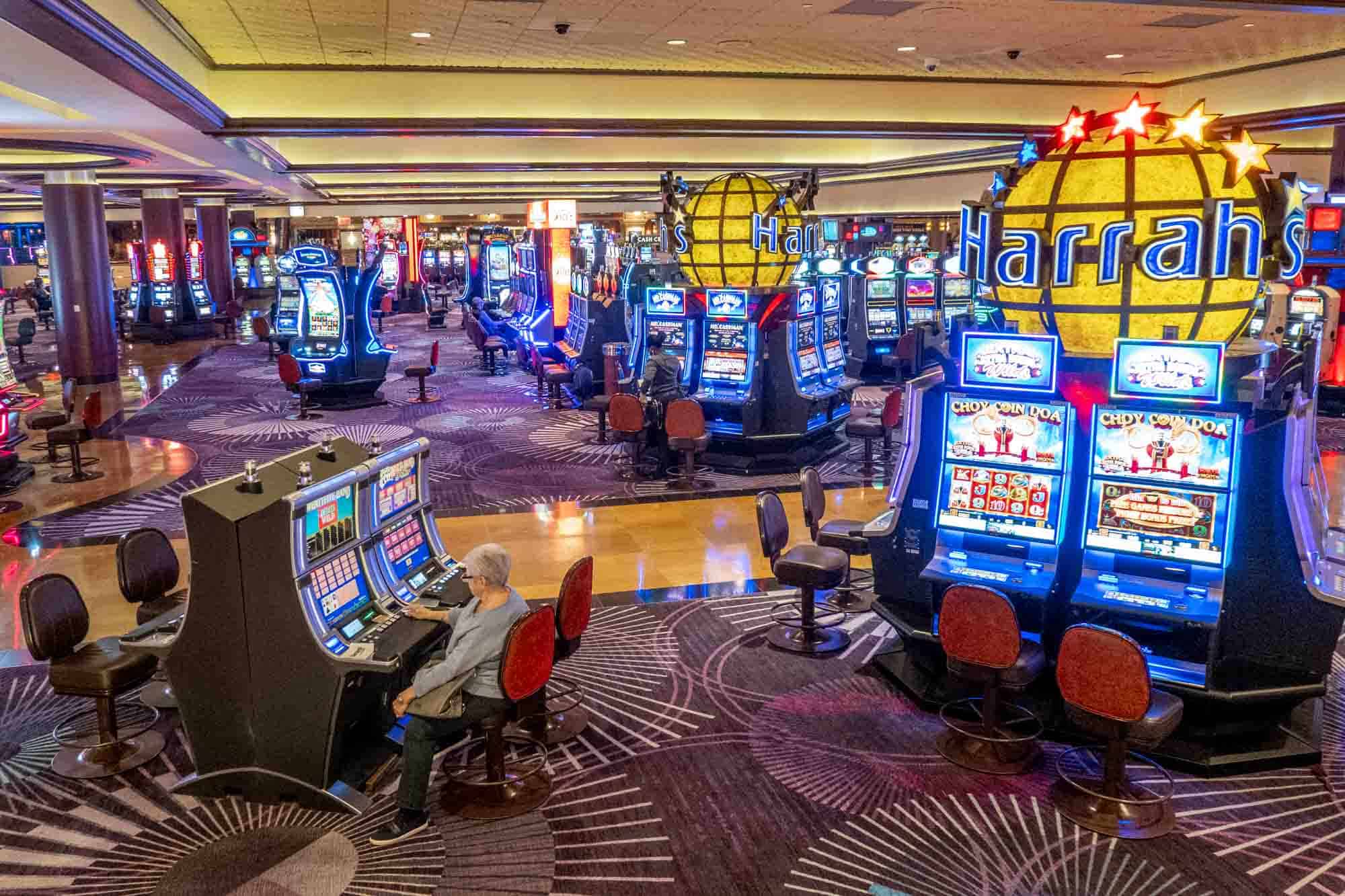
Casino games have long been a captivating form of entertainment, drawing numerous of players from diverse cultures around the globe. From the glitzy casinos of the Strip to the bustling gambling halls of the Chinese gambling capital, these games serve as a bridge that unites people across a variety of backgrounds. The allure of fortune, strategy, and uncertainty entices not only those hoping to gamble for profit but also those in search of a feeling of belonging.
The influence of casino games extends far beyond the gaming floor. They often represent the social norms and principles of the societies in which they prosper. Games such as Texas hold ’em, 21, and the wheel game have woven themselves into the fabric of popular culture, influencing various aspects from cinema to fashion. As we explore this captivating intersection of luck and life, we can better understand how these games shape and are influenced by the world around us.
Chronological Progression of Gambling Games
The origins of gaming games can be traced back to ancient cultures, where betting in various forms was widely engaged in. In China, around two thousand three hundred years before Christ, a type of luck game known as Keno was popular, while in historic Rome, soldiers would often gamble on the consequences of their matches. The concept of using randomness for amusement and gain evolved over the ages, leading to the establishment of more organized games. By the final Middle Ages, gambling houses started to emerge in the continent, especially in the Italian peninsula, which presented early incarnations of famous games still enjoyed today.
As gambling gained recognition in European regions, the 17th and 18th centuries saw the emergence of gambling establishments as specialized locations for gaming. The initial official gaming venue, the Ridotto, was established in the Venetian city in the year 1638, featuring activities like Baccarat and Faro games. This time marked a significant shifting point, as casinos commenced to draw not just the elite but also the burgeoning middle-income class. The refinement of activities increased, leading to the introduction of new guidelines and versions that enriched the play experience.
In the 19th century, the era of industrialization and changes in social conventions additionally transformed the terrain of gambling games. The arrival of the game of roulette and new one-armed bandits drew a broader crowd, and casinos became seen as legitimate forms of recreation. This era witnessed the globalization of gambling, as casinos extended from the continent to the New World, culminating in the establishment of the legendary Strip of Las Vegas in the 20th century. The development of gambling activities has continued into the present day, incorporating modern technology and online sites, allowing them available to a universal market.
# Cultural Relevance across Different Societies
Casino activities have deep-rooted cultural and social value in a multitude of societies throughout the world. For instance, in Las Vegas, the very fabric of the city is woven around casinos, where gaming is not just a pastime but a central aspect of leisure and social interaction. The dazzling lights and dynamic atmosphere attract millions, showcasing how casino games can influence local economical structures and cultural identities. This environment transforms the notion of leisure into an enriching encounter that shapes style, sound, and even cinema.
Conversely, some communities view wagering with more caution, considering it through the lens of ethical beliefs and customs. A case in point, in various Oriental societies, games like Mahjongg and Pai Gow are rich with history and possess significant social relevance. These games are often played during gatherings and festivities, fostering community bonds and strengthening family ties. The act of engaging in these games goes above mere amusement, reflecting values such as deference to seniors and the value of shared enjoyment.
Simultaneously, in European countries such as the principality of Monaco and the Italian Peninsula, gambling activities serve as symbols of opulence and refinement. The refined atmosphere of these locations attracts both travelers and residents, upholding a sense of status and exclusivity. The art of poker and the strategic features of games like banker’s game are celebrated, shaping interpersonal interactions and creating an appeal that fascinates a diverse audience. This emphasizes how casino games can concurrently mirror and shape cultural perspectives towards risk, gain, and social interaction.
Economic Impact and Tourism
Gambling activities play a crucial role in the economic landscape of many regions, particularly those that depend significantly on visitor traffic. u888pa.com The revenue produced from casino operations fuels local economies, creating employment opportunities not only within the casinos themselves but also in related sectors such as hospitality, dining, and entertainment. This surge of tourists, drawn by the attraction of games and the overall gaming environment, stimulates expenditure across multiple local enterprises, contributing to the economic vitality of the area.
The presence of casinos often leads to the development of infrastructure, including lodging, public transit, and recreational facilities. These developments are essential in enhancing the overall visitor satisfaction, making locations more attractive to tourists. Additionally, many casinos invest in local communities through support of events and charitable initiatives, further embedding themselves into the community structure of the locality. Such contribution not only supports economic growth but also cultivates a positive reputation of the gambling sector.
Moreover, the global popularity of casino games drives competitive tourism, with regions vying to attract players from around the world. Iconic destinations like Las Vegas and Macau have become identifiable with gambling culture, drawing millions annually. This advantage encourages innovation and variety within the gambling sector, influencing developments in entertainment and hospitality that extend beyond their borders. The consequences of this visitor influx extend far, impacting local financial health and cultural interactions on a worldwide scale.
